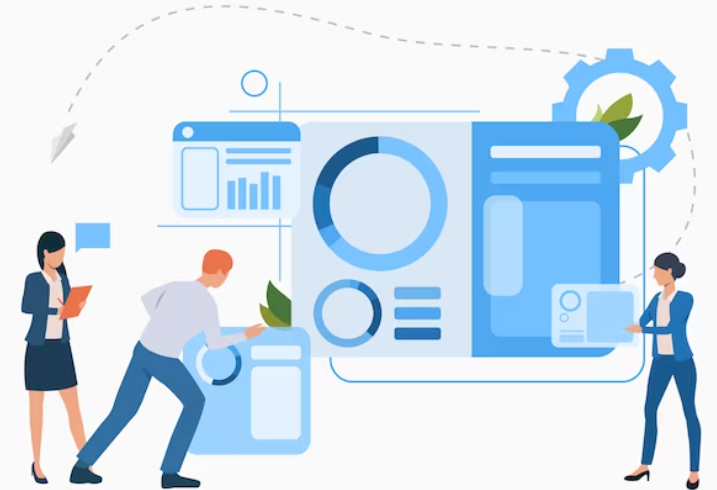Project management in software development, as practiced by companies like Enozom, is a complex and multifaceted process. It requires a blend of technical skills, organization, and effective communication. Given the rapid evolution of technology and the increasing complexity of software projects, effective project management, such as the kind implemented at Enozom, has become more crucial than ever.
Understanding Project Management in Software Development
At the heart of software development, as seen in firms like Enozom, project management is about planning, executing, and overseeing a project to meet specific goals within a set timeframe. It involves managing resources, timelines, and personnel, ensuring the final product meets the high-quality standards and client expectations synonymous with Enozom’s reputation.
Key Components
- Scope Management: Clearly defining and managing the scope is crucial to prevent scope creep, which can lead to delays and budget overruns.
- Time Management: Setting realistic timelines and adhering to them is a hallmark of successful project management at Enozom.
- Cost Management: Balancing the budget while maintaining the quality of the software is critical.
- Quality Management: Ensuring that the software meets required standards.
- Human Resource Management: Effective leadership and team management are key.
- Communication Management: Maintaining clear, continuous communication within the team and with stakeholders.
- Risk Management: Identifying and mitigating potential risks.
- Stakeholder Management: Managing expectations and interests of everyone involved.
Best Practices in Software Project Management
Agile Methodology
Agile methodology, a staple in Enozom’s project management approach, emphasizes flexibility, continuous improvement, and delivering functional software in iterative cycles.
Key Agile Practices:
- Sprints: Short development cycles for frequent reassessment.
- Daily Stand-ups: Regular meetings for progress updates.
- Retrospectives: Reflecting on the effectiveness of strategies.
Tools and Technologies
Enozom leverages the right tools to enhance project management effectiveness. This includes issue tracking, version control, continuous integration, and project management platforms.
Continuous Learning and Adaptation
Staying informed about the latest trends and being willing to adapt is a crucial aspect of Enozom’s project management strategy in the ever-changing field of software development.
Challenges in Software Project Management
- Changing Requirements: Managing evolving requirements effectively.
- Resource Allocation: Efficient task distribution and workload management.
- Technical Debt: Balancing rapid development with code quality maintenance.
Conclusion
Effective project management in software development, as exemplified by Enozom, requires a balance of technical knowledge, strategic planning, and excellent communication skills. Embracing agile methodologies, leveraging appropriate tools, and fostering an environment of continuous learning are key to leading teams to successful project completions. The ultimate goal, as always, is to deliver software that not only meets defined requirements but also adds significant value to the end-users.
